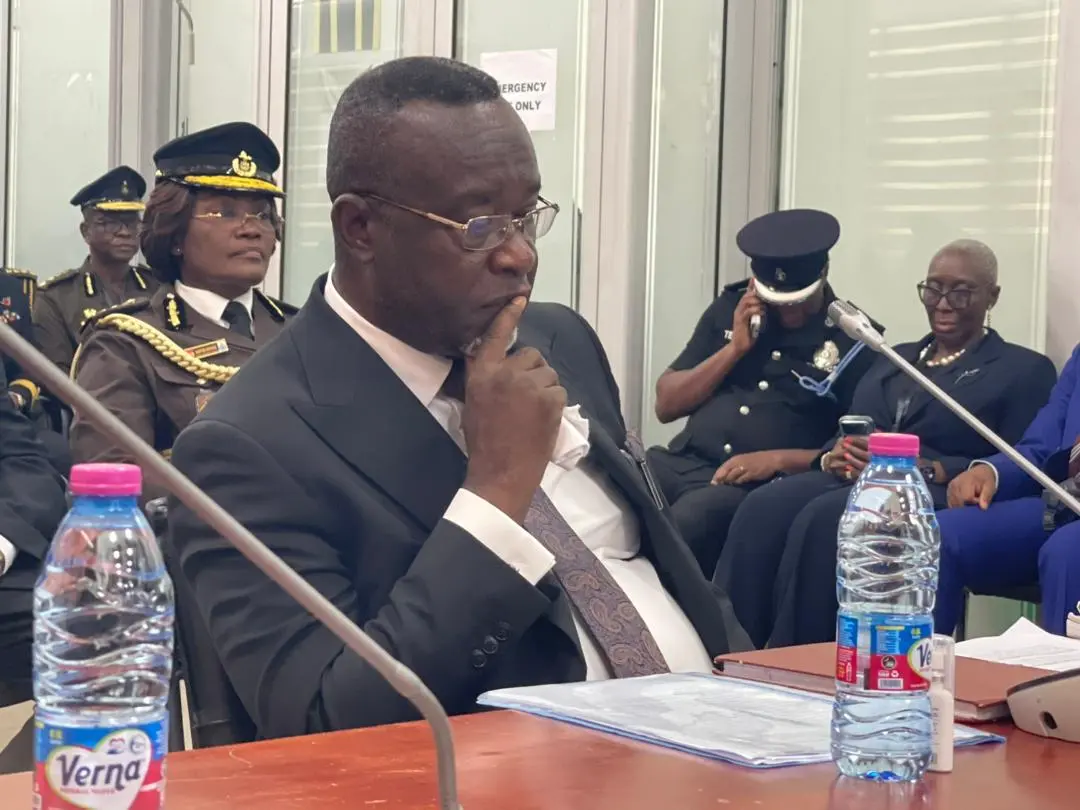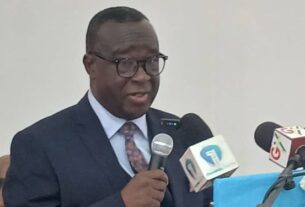Read also:
- Minority rejects and walks out of Chief Justice vetting
- Acting Chief Justice Baffoe-Bonnie to Appear Before Parliament’s Appointments Committee Today
- John Boadu Throws Hat into Ring for NPP National Chairman
- Ghana Launches Youth Recruitment for Forest Replanting and Blue River Guards with GH¢1,500 Monthly Stipend
- Ghana’s Pharmaceutical Firms Urge Government to Recover Millions Owed by Sahel Nations
Chief Justice Nominee, Justice Paul Baffoe-Bonnie, has acknowledged the public’s loss of faith in the judiciary, citing perceptions of corruption.
“People have lost confidence in the judiciary because they think it is corrupt and I don’t know where they are getting this from,” he said.
Speaking at his vetting in Parliament on Monday, November 10, 2025, he emphasized the need to restore public trust.
“We will catch the bad nuts in the service and discipline them to deter others,” Justice Baffoe-Bonnie stated, highlighting his commitment to addressing corruption within the judiciary.
He noted that some people exploit relationships with judges’ associates to influence court outcomes, only to cry foul when they lose their cases.
To combat this, Justice Baffoe-Bonnie intends to reinforce disciplinary measures and change the public’s perception of the judiciary. He stressed that the judiciary must regain the public’s confidence, warning that without it, citizens may opt for mob justice instead of seeking redress through the courts.
“The judiciary should be able to get the confidence of the people back else they will not go to court again but rather, opt for mob injustice,” he added.
He also advised that people be sensitized on Alternative Dispute Resolution (ADR), where disputes and conflicts are resolved outside of traditional court litigation so that cases be directed there to speed up cases being heard in court.
According to him, that will reduce the backlog of cases to be heard in courts where people lose cases in the end and then apportion blames on judges, calling them corrupt.
Justice Baffoe-Bonnie urged judges and magistrates to remain vigilant against biases and ensure their decisions reflect evolving human rights and social justice standards.




